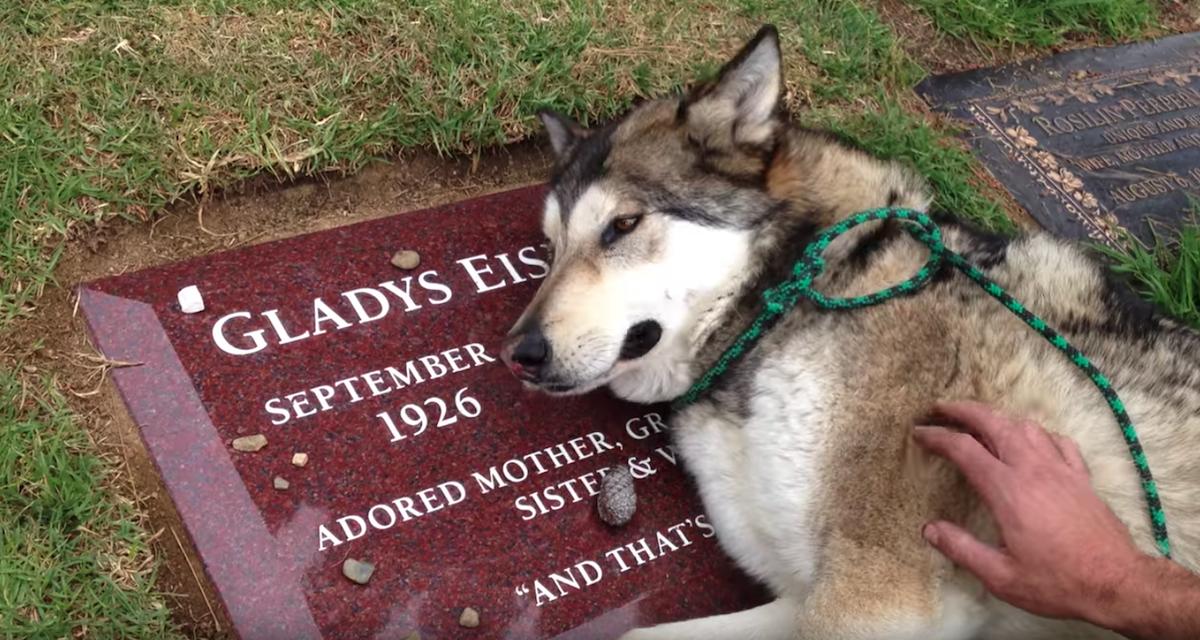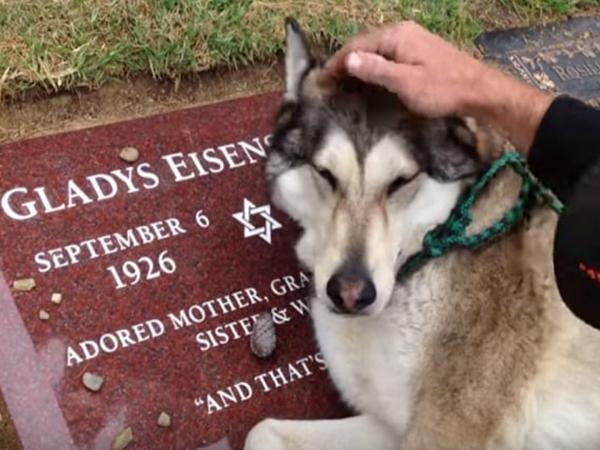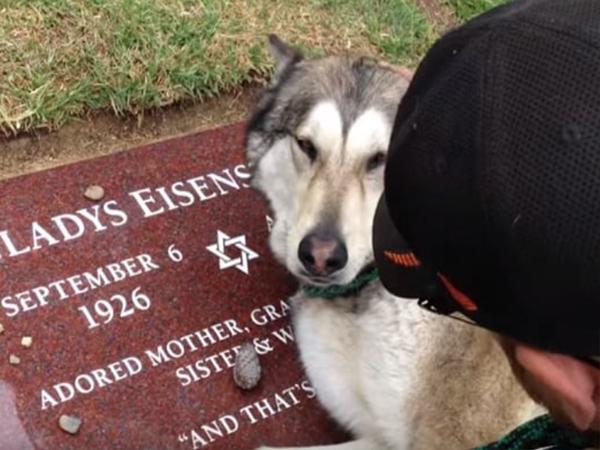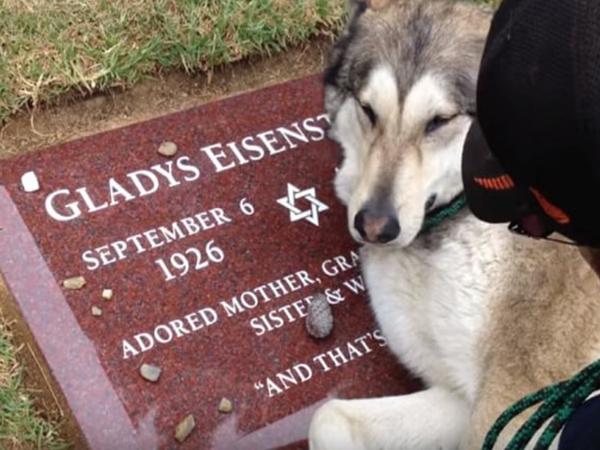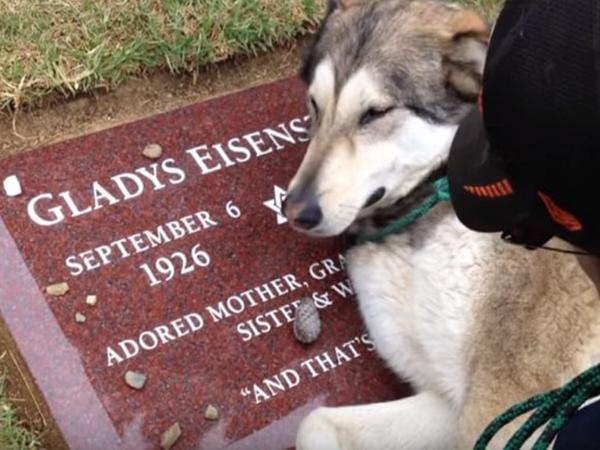A Mourning Husky Pays Tribute to His Owner’s Passing by Sobbing at Their Tombstone
Can Dogs Experience Grief When Losing Their Loved Ones?
The capacity for dogs to feel grief is a topic that sparks much interest and debate among pet owners and researchers alike. There is a widely held belief that dogs are indeed capable of experiencing grief when they lose a beloved human or animal companion. Renowned for their loyalty and affection, dogs often form strong emotional bonds with their human family members, which leads to observations of behaviors that suggest a sense of loss and sadness.
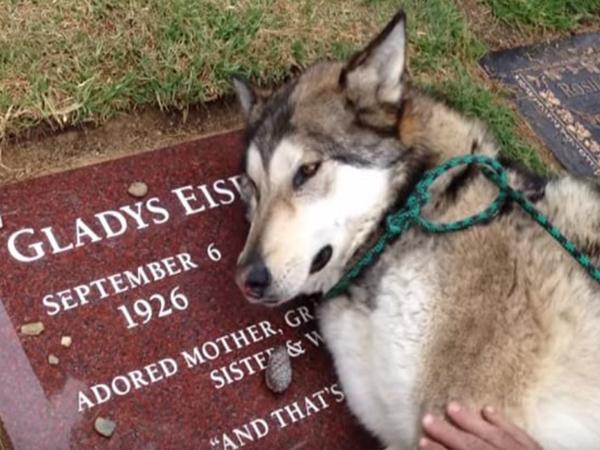
Numerous anecdotes, images, and videos have documented instances where dogs exhibit behaviors indicative of mourning. Stories abound of dogs refusing to leave the side of their ailing owners during hospital stays or lingering by their gravesides after they’ve passed away. These behaviors are difficult to dismiss as mere coincidences or instinctual responses. Instead, they seem to mirror the signs of grief that humans display when facing the loss of a loved one.
It’s normal for grieving dogs to exhibit a range of behaviors that mirror human sorrow. These can encompass slight changes in behavior, diminished appetite and water intake, vocal expressions of sadness through howling and whining, reduced interest in play, increased sleep, decreased enthusiasm, slower movements, and even lingering in areas frequented by the deceased.
Allowing dogs to process their grief in their own way is essential, yet there are strategies that can aid in this process. Similar to humans, dogs benefit from reassurance and consistency. They need to understand that grieving is acceptable and that life will eventually return to normal. Dogs generally recover from loss when given the time and space to do so. It’s important to maintain their routines, reinforcing the idea that life persists despite the sadness. Encouraging physical activity can stimulate the release of serotonin, a neurotransmitter crucial for emotional well-being.
While it remains unclear whether dogs fully comprehend the concept of death, their ability to form deep emotional connections with humans and other animals is undeniable. The bonds they create are often a source of solace and companionship, making it plausible that they can experience grief when those bonds are severed. Though we might not grasp the exact range of emotions a grieving dog undergoes, what’s evident is that dogs are remarkable creatures capable of forming strong attachments and reciprocating the love they receive. Our hope remains that any grieving canine finds comfort and peace in due time.
Hits: 7
